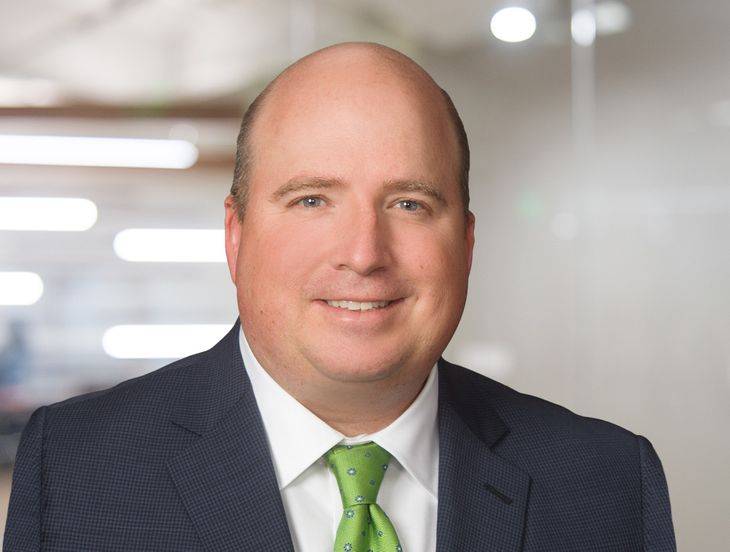California Employers Are Now Required to Pay for Food Handler Cards: Your 4-Step Action Plan
Insights
10.10.23
California has long required food handlers in restaurants to obtain certification — and until now, training and testing has been the employee’s responsibility. A new law Governor Newsom approved on October 8, however, shifts this burden entirely to employers by requiring them to pay their workers for all costs associated with obtaining a food handler card. Here’s what you need to know about new obligations under SB 476 and your four-step action plan to ensure compliance when the law takes effect on January 1, 2024.
Current Industry Standard on Food Handler Cards
The California Health and Safety Code currently requires relevant workers to obtain a food handler card within 30 days of their hire date and to maintain a valid card for the duration of their employment as a food handler. This requirement remains unchanged. Generally, food handler cards are valid for three years — a standard that will continue.
Since 2012, food safety certification in the state can be obtained only through American National Standards Institute (ANSI) accredited training providers that meet ASTM International E2659-09 Standard Practice for Certificate Programs. These standards also remain in place, unchanged.
SB 476 intends solely to shift the cost-related burdens associated with this certification to employers.
Flipping the Switch from Employee to Employer Responsibility
Under this new law, employers must pay the employee for any cost associated with obtaining a food handler card. However, the buck does not stop with the fees associated with the certification program itself. The new law also makes employers responsible for the following:
- the time required for the employee to complete the training;
- the cost of testing; and
- any element required for the completion of the certification program.
While employees are completing the training courses and examination, employers must now also relieve employees from all other work duties and compensate them for this time at their regular hourly rates.
In addition to the new burdens on employers, the new law requires the California Department of Public Health to make a list of all certified food handler training programs, including the cost of each program, by January 1, 2025. To incorporate local health departments in facilitating this state-mandated requirement, the new law also requires the local public health department to post either the list of certified food handler training programs itself or a link to the list on its website. The law is silent on whether an employer may mandate a specific training program, but the existing requirement remains that the program be ANSI accredited.
Main Impacts on Employers
Training During Work Hours. Perhaps the most obvious impact of this new law is its requirement that employees be relieved of other work duties when participating in food handler training and taking the exam. Thus, the training must be provided and taken during normal business hours, and at no cost to the employee. In practical effect, employers must now carve out specific time for employees to satisfy the requirements of the food safety certification programs and pay them for that time. To facilitate these changes, employers must adjust their labor costs to account for the cost of the certification itself and the time spent by employees to train and complete the food handler program. Unfortunately, employers are now faced with additional costs, as well as potential legal claims for failure to pay wages under the California Labor Code.
Existing Food Handler Card. As if the burden of increased costs and compliance concerns were not enough, to further hamstring employers, the new law prohibits employers from conditioning employment on an applicant or employee having an existing food handler card. Therefore, while it may be tempting to save on labor costs by precluding prospective employees who do not already have a food handler card at the time of hire, the new law makes clear that employers must consider all applicants regardless of certification status.
Even though employers may not condition employment on applicants having an existing food handler card, the new law is silent on whether employers can select applicants from the candidate pool based on their certification status. At least for now, however, the California Legislature has not added any special protection under the Fair Employment and Housing Act or otherwise for applicants without existing food handler cards.
Your 4-Step Action Plan
Preparing for the additional costs under the new law will certainly be no small feat for small or large businesses. To plan for these changes and ensure compliance by January 1, you should consider taking the following four steps now for a seamless transition:
- Update your written food handler and timekeeping policies, whether standalone or in employee handbooks, to include language specifying that the employer shall pay for food handler cards and all time spent in such training. Remind employees that certification is considered compensable work time which must be reported through accurate timekeeping.
- Train managers and supervisors on adjusting schedules, labor allocation, timekeeping practices, and the obligation to relieve an employee from all other work duties during their training and certification.
- Revise new hire training materials and procedures to incorporate the requisite time for employees to complete the food handler training and obtain certification.
- Keep apprised of food handler program lists and consider implementing an internal mandate on certain programs employees must take in obtaining their food handler cards.
These new requirements will likely affect various aspects of your business operations, so you should be cognizant of these changes and proactively prepare for the impacts now.
Conclusion
If you have questions regarding best practices for updating and implementing policies and procedures in light of this change in industry standard, please contact your Fisher Phillips attorney, the authors of this Insight, or any attorney in one of our six California offices for more information. Make sure you are subscribed to Fisher Phillips’ Insight System to get the most up-to-date information on this and other employment topics directly to your inbox.
Related People
-
- William T. Okamoto
- Associate
-
- Alden J. Parker
- Regional Managing Partner
-
- Erin Price
- Partner


